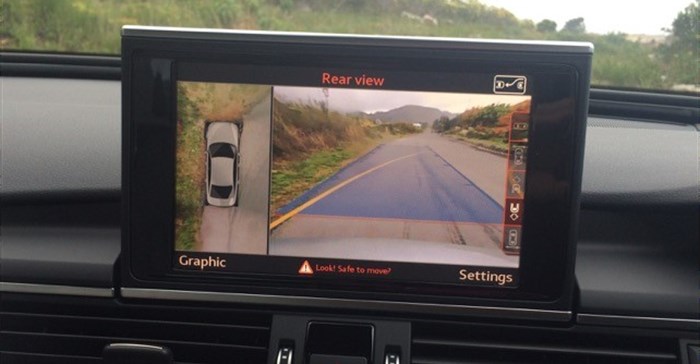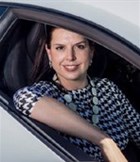
Top stories






AutomotiveHilux Custom Builds offers purpose-built solutions for your business
Toyota South Africa Motors 16 Feb 2026
More news


Marketing & Media
Ads are coming to AI. Does that really have to be such a bad thing?














As more and more new cars are being issued with top-notch safety technology, the question arises: What will this new technology mean for the insurers, who bank on us mere mortals to make errors in judgment? Researchers predict that autonomous driving technology will lead to an 80% reduction in accidents, which means that the massive insurance industry will be facing large-scale disruption. Modern driver aids such as Lane Keep Assist, Autonomous Braking at low speeds and Park Distance Control are now commonly seen in many brands, and are already preventing a multitude of mishaps. Boston Consulting Group in the US, estimates that self-driving cars may account for a quarter of global auto sales by 2035.
By the year 2025, reinsurer Swiss RE and digital mapping business HERE forecast that premiums will be 43% cheaper. That means that insurers will have to stay abreast of the latest developments, or else they will be opening a gap for new players to the market who better comprehend the changes that self-driving cars will bring. The big names in the global insurance industry have all admitted that autonomous vehicles could translate to huge losses for them. Some have said that relying on homeowner’s policies and other types of coverage will be their saving grace, if and when the automotive premiums start to plummet.
But what about the cost of repairing these expensive technologically advanced self-driving cars? Surely this will play a part in the monthly premium prices? There will always be factors such as damage from natural mini-disasters like hail, and don’t forget about theft. Another factor could be the difficulty rating in using this technology. Making an error because you rely on technology too much, is not uncommon. I know of many individuals who incurred damage on their vehicles because they thought that their parking sensors were activated, when indeed, they were not.
And if human error is completely ruled out, will the manufacturer then be liable to pay for damages because their technology malfunctioned? This would bring another opportunity for insurers: instead of selling coverage to the individual, why not sell it to the manufacturer? After a Tesla Model S crashed recently, killing its self-driving tester inside, it shows you that this technology is still nowhere near fool-proof.
Then there’s the issue of ever-connected cars being targeted by hackers. In July last year, writer Andy Greenberg (Wired Magazine) was the test subject for car-hacking research, which took place as he was driving his Jeep Cherokee on the edge of downtown St. Louis in the US last year. The hacking technique gave the 'cyber-crooks' complete control over the Jeep (and potentially thousands of connected cars) via the internet. That means that the car’s air-conditioning, radio, brakes, steering and gearbox could potentially be controlled from from the comfort of a laptop in a hacker’s basement. This also lead to the recall of 1.4 million Fiat Chrysler vehicles. But for insurers, this could create yet another opportunity: cyber-coverage.
Click here to read all about Andy Greenberg’s experience.

AutoTrader, SA’s No.1 for buying and selling cars. The fastest and easiest way to find cars, bikes, leisure, boats, trucks, commercial, plant, farm, car spares, accessories and more. The trusted motoring marketplace.
Go to: www.autotrader.co.za